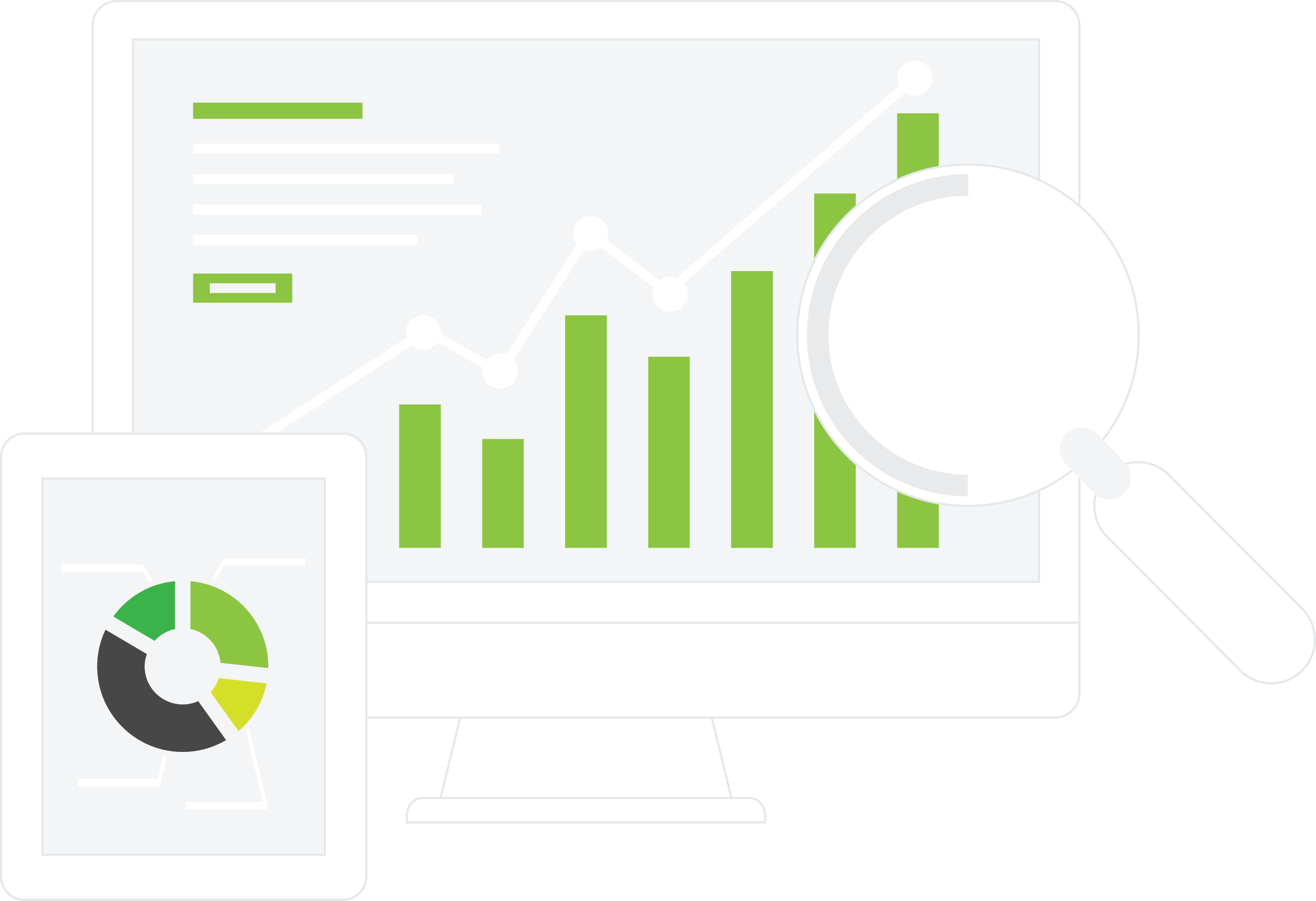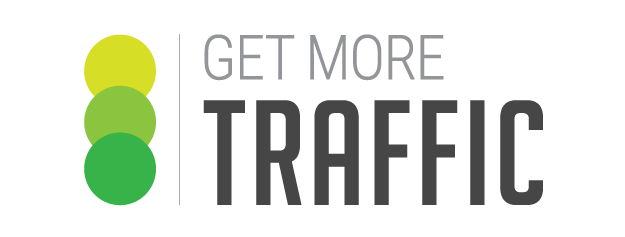GA4 (Google Analytics 4) is the latest version of the Google Analytics platform, designed to provide businesses with more comprehensive and insightful data about their website and app performance. Let’s explore some key features and benefits of GA4:
Enhanced User-Centric Data
GA4 focuses on user-centric data tracking, allowing you to gain a deeper understanding of user behavior across multiple devices and platforms. It provides insights into user engagement, acquisition, and retention, enabling you to optimize your marketing and website strategies accordingly.
Event-Based Tracking
GA4 utilizes an event-based data model, which means you can track specific user actions and events on your website or app. This includes interactions such as clicks, form submissions, video plays, and more. The event-based approach provides more flexibility and granularity in tracking user behavior.
Machine Learning Capabilities
GA4 incorporates advanced machine learning techniques to provide valuable insights automatically. It can analyze data patterns and predict user behavior, allowing you to make data-driven decisions and optimize your marketing campaigns more effectively.
Cross-Platform Tracking
With GA4 Google Analytics tracking, you can track user interactions across multiple platforms, including websites, social media, organic SEO, and your paid ads campaigns including; Facebook ads, Google Ads, Google My Business, Bing Ads, and other platforms. This cross-platform tracking provides a more holistic view of user engagement, allowing you to understand how users interact with your brand across different touchpoints.
Streamlined Data Reporting
GA4 offers a simplified and streamlined reporting interface, making it easier to navigate and interpret data. It provides pre-built reports and dashboards that showcase key metrics and insights, allowing you to quickly access the information you need to make informed decisions.
Enhanced Data Privacy
GA4 incorporates enhanced data privacy features to align with evolving privacy regulations. It provides options to manage user consent and data collection settings, ensuring compliance with privacy policies and regulations such as GDPR and CCPA.
By implementing GA4, businesses can gain deeper insights into user behavior, optimize marketing strategies, and make data-driven decisions to improve their website and app performance. It offers a more comprehensive and user-centric approach to analytics, enabling businesses to understand their audience better and drive meaningful results.
Data Insights
Audience Data: Google Analytics provides information about the demographics and interests of your website visitors. You can gain insights into their age, gender, location, language, and even their affinity categories and interests. This data helps you understand your target audience and tailor your marketing strategies accordingly.
Acquisition Data: Google Analytics tracks how users find your website, whether through organic search, paid advertising, social media, referrals, or other channels. It shows which sources drive the most traffic and conversions, helping you assess the effectiveness of your marketing campaigns and optimize your acquisition strategies.
Behavior Data: You can analyze how visitors interact with your website, including the pages they visit, the time they spend on each page, and the actions they take (such as clicks, downloads, form submissions, and purchases). This data helps you identify popular content, optimize user experience, and improve website performance.
Conversion Data: Google Analytics tracks your website’s conversion goals, such as completing a purchase, filling out a form, or subscribing to a newsletter. It provides insights into the conversion rates, revenue, and other key metrics associated with your goals. This information helps you evaluate the effectiveness of your conversion strategies and identify areas for improvement.
E-commerce Data: If you have an online store, Google Analytics can track and analyze e-commerce data, including product performance, transaction details, average order value, and revenue. This data enables you to measure the success of your online sales, identify top-selling products, and optimize your e-commerce strategies.
Real-Time Data: Google Analytics also provides real-time data, allowing you to monitor the current activity on your website. You can see the number of active users, their geographic locations, the pages they are viewing, and the traffic sources. This data helps you track the immediate impact of marketing campaigns or monitor the performance during live events.

Data Insights
Audience Data: Google Analytics provides information about the demographics and interests of your website visitors. You can gain insights into their age, gender, location, language, and even their affinity categories and interests. This data helps you understand your target audience and tailor your marketing strategies accordingly.
Acquisition Data: Google Analytics tracks how users find your website, whether through organic search, paid advertising, social media, referrals, or other channels. It shows which sources drive the most traffic and conversions, helping you assess the effectiveness of your marketing campaigns and optimize your acquisition strategies.
Behavior Data: You can analyze how visitors interact with your website, including the pages they visit, the time they spend on each page, and the actions they take (such as clicks, downloads, form submissions, and purchases). This data helps you identify popular content, optimize user experience, and improve website performance.
Conversion Data: Google Analytics tracks your website’s conversion goals, such as completing a purchase, filling out a form, or subscribing to a newsletter. It provides insights into the conversion rates, revenue, and other key metrics associated with your goals. This information helps you evaluate the effectiveness of your conversion strategies and identify areas for improvement.
E-commerce Data: If you have an online store, Google Analytics can track and analyze e-commerce data, including product performance, transaction details, average order value, and revenue. This data enables you to measure the success of your online sales, identify top-selling products, and optimize your e-commerce strategies.
Real-Time Data: Google Analytics also provides real-time data, allowing you to monitor the current activity on your website. You can see the number of active users, their geographic locations, the pages they are viewing, and the traffic sources. This data helps you track the immediate impact of marketing campaigns or monitor the performance during live events.

What our clients say Real people - Knowledge - Real results

..they were able to put themselves in my shoes and help me out in ways that no-one else can.
Mathew Ansell - Ansells Electrix

Get More Traffic are a rarity, they promised a lot but they delivered. Within a couple of months my leads tripled. What a difference.
Daniel Imiolek - Carpet Court

